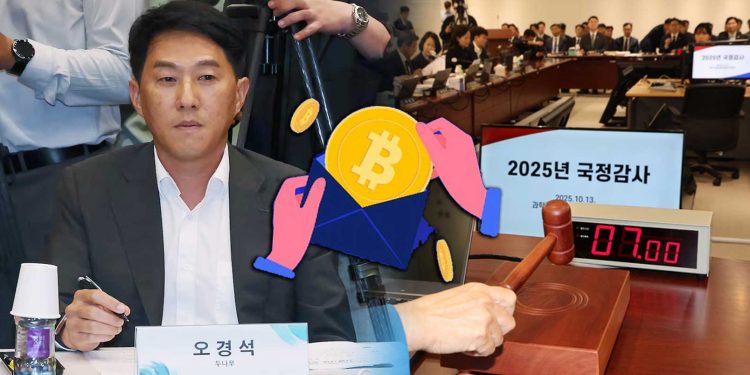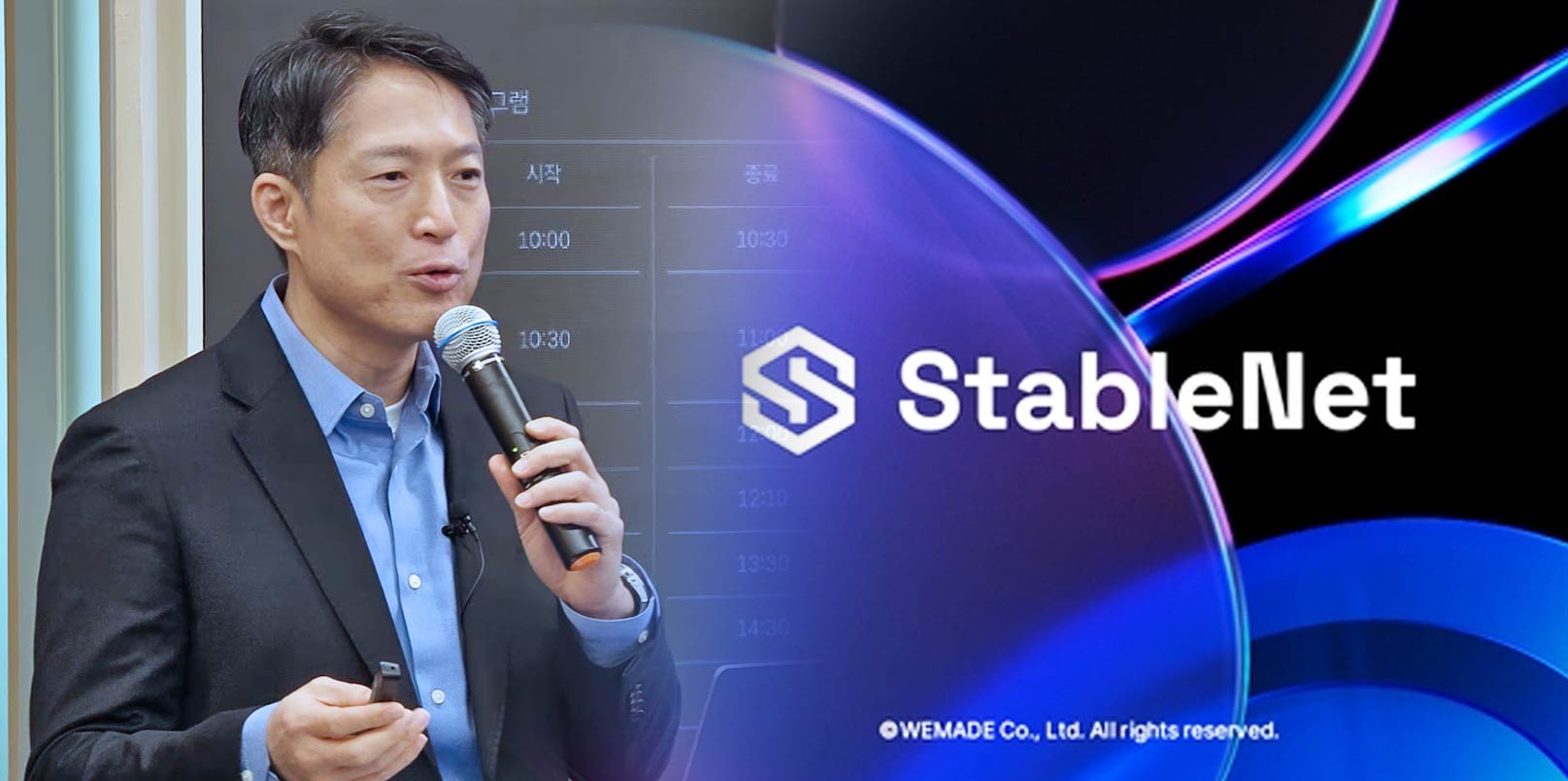Korea’s long-running struggle to regulate its fast-growing crypto market resurfaced during this year’s parliamentary audit, as top exchanges Dunamu and Bithumb once again avoided direct scrutiny. Their absence from the national audit — the third in as many years — highlights an enduring accountability gap between Korea’s financial authorities and the companies shaping its digital asset economy.
Crypto Executives Absent Again in 2025 National Audit
The National Assembly’s Political Affairs Committee (PAC) has withdrawn Dunamu CEO Oh Kyung-seok from its witness list for the Financial Services Commission (FSC) and the Financial Supervisory Service (FSS) audit scheduled for October 20, confirming that no major virtual asset executives will appear before lawmakers this year.
This marks the third consecutive year in which Korea’s largest exchanges — Dunamu (operator of Upbit) and Bithumb — have avoided formal questioning by the committee.
The decision followed internal negotiations between ruling and opposition parties. Lawmakers initially planned to question Oh Kyung-seok on multiple issues, including anti-money laundering (AML) violations, suspicious token listings, and the investor trust gap caused by rapid listing and delisting practices. However, his witness status was rescinded after both exchange companies were excluded on grounds of procedural fairness.
Oh Kyung-seok instead appeared briefly before the Health and Welfare Committee as a reference witness regarding Dunamu’s acquisition of the medical platform Medistaff, bypassing the crypto policy session entirely.
Regulatory and Legal Context: FIU Dispute and AML Violations
Earlier this year, the Financial Intelligence Unit (FIU) under Korea’s Financial Services Commission (FSC) imposed a partial business suspension on Dunamu, citing violations of AML obligations under the Specific Financial Information Act.
The regulator accused Dunamu of conducting transactions with unregistered entities and failing to properly verify customer identities.
In response, Dunamu filed an administrative lawsuit seeking to overturn the decision, arguing that its compliance measures followed standards set by the Digital Asset eXchange Alliance (DAXA) — an industry self-regulation body.
Observers had expected this ongoing dispute to become a focal point of the 2025 audit, but with the absence of Oh Kyung-seok, the issue is likely to receive limited parliamentary discussion.
A National Assembly official privately noted that “the momentum to summon Dunamu weakened once Bithumb was excluded,” underscoring the political sensitivity surrounding unequal treatment of industry players.
Persistent Oversight Gap in Korea’s Virtual Asset Market
The continued absence of crypto executives reflects a deeper challenge in Korea’s financial oversight framework. While the Financial Services Commission and Financial Supervisory Service face annual questioning, digital asset platforms remain outside consistent legislative scrutiny, despite handling billions in retail and institutional transactions.
The Political Affairs Committee last summoned crypto figures in 2022, including former Dunamu CEO Lee Seok-woo and Hashed CEO Kim Seo-jun, amid the Terra–Luna collapse.
Since then, no major exchange has appeared in parliamentary proceedings, even as new policy debates emerge around stablecoin issuance, exchange accountability, and cross-border compliance.
This oversight vacuum has fueled criticism that Korea’s regulatory system remains reactive — relying on administrative penalties rather than continuous governance — at a time when global counterparts like Japan and Singapore are institutionalizing crypto supervision through licensing, transparency audits, and public accountability mechanisms.
Repeated National Audit Absence: Credibility, Governance, and Global Perception
For Korea’s digital asset industry, the repeated absence of exchange leaders from the national audit raises questions about regulatory maturity and market transparency.
Upbit and Bithumb collectively account for more than 90% of domestic trading volume, giving them disproportionate influence over liquidity, listing standards, and investor sentiment.
Their ongoing disputes with the FIU and reluctance to face parliamentary questioning reinforce concerns among international investors about governance opacity and policy inconsistency in Korea’s crypto landscape.
This could impact the country’s efforts to position itself as a regional fintech and blockchain innovation hub, particularly amid rising competition from jurisdictions emphasizing regulatory clarity and accountability.
Toward Real Accountability in Digital Finance
Korea’s 2025 National Audit underscores a structural tension within its innovation economy: the government seeks to expand fintech and blockchain competitiveness yet lacks consistent mechanisms to enforce transparency among its largest players.
As Korea prepares to institutionalize a Virtual Asset Basic Act, policymakers face a critical test — whether legislative oversight can finally catch up to industry power.
Until exchange leaders engage openly with governance processes, the gap between regulation and accountability will remain Korea’s most visible weakness in the global digital finance arena.
🤝 Looking to connect with verified Korean companies building globally?
Explore curated company profiles and request direct introductions through beSUCCESS Connect.
– Stay Ahead in Korea’s Startup Scene –
Get real-time insights, funding updates, and policy shifts shaping Korea’s innovation ecosystem.
➡️ Follow KoreaTechDesk on LinkedIn, X (Twitter), Threads, Bluesky, Telegram, Facebook, and WhatsApp Channel.






